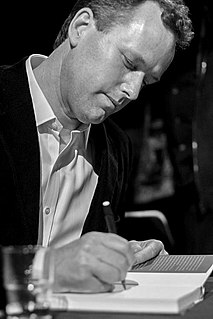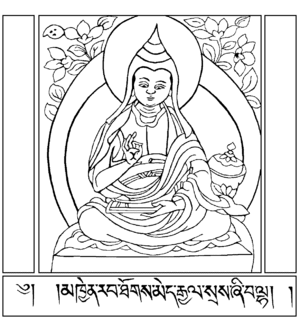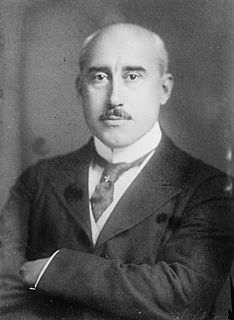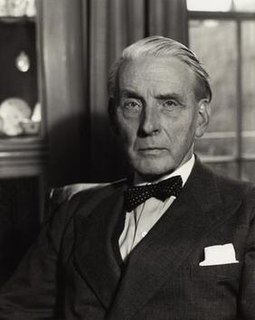A Quote by Edward St Aubyn
People never remeber happiness with the care that they lavish on preserving every detail of their suffering.
Related Quotes
Every single being, even those who are hostile to us, is just as afraid of suffering as we are, and seeks happiness in the same way we do. Every person has the same right as we do to be happy and not to suffer. So let's take care of others wholeheartedly, of both our friends and our enemies. This is the basis for true compassion.
The discipline of suffering, of great suffering- do you not know that only this discipline has created all enhancements of man so far? That tension of the soul in unhappiness which cultivates its strength, its shudders face to face with great ruin, its inventiveness and courage in enduring, preserving, interpreting, and exploiting suffering, and whatever has been granted to it of profundity, secret, mask, spirit, cunning, greatness- was it not granted to it through suffering, through the discipline of great suffering?
Why do men learn through pain and suffering, and not through pleasure and happiness? Very simply, because pleasure and happiness accustom one to satisfaction with the things given in this world, whereas pain and suffering drive one to seek a more profound happiness beyond the limitations of this world.
According to classical utilitarianism, the only intrinsic good is happiness; the only intrinsic bad is pain. That implies no intrinsic value in preserving nature, that preserving an endangered plant is valuable only if it benefits humans or other animals. Intuitively, that seems wrong but perhaps I shouldn't trust my intuition here.


































